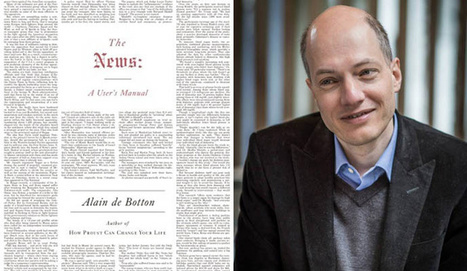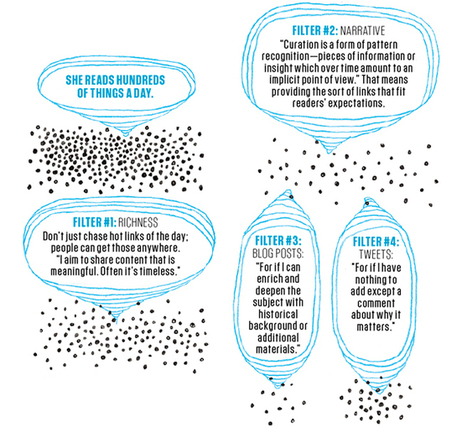But what I did realize is that successful people are successful because they approach learning in a consistent, systematic, results-focused way. Bravery isn't a requirement for success. Innate talent isn't a requirement for success. Talented, highly skilled people don't take big risks yet they still learn to accomplish big things.
How? They prepare. They train. They constantly experiment and adapt and refine, refine, refine. Successful people gain superior skills not by breaking through the envelope but by approaching and then slowly and incrementally expanding the boundaries of that envelope.
The key to learning is to make small, smart changes, evaluate the results, discard what doesn't work, and further refine what does work. When you constantly modify and refine something you already do well, you can do it even better.
Learn more / En savoir plus / Mehr erfahren:
http://www.scoop.it/t/21st-century-learning-and-teaching/?tag=Success
Via Gust MEES



 Your new post is loading...
Your new post is loading...
















But what I did realize is that successful people are successful because they approach learning in a consistent, systematic, results-focused way. Bravery isn't a requirement for success. Innate talent isn't a requirement for success. Talented, highly skilled people don't take big risks yet they still learn to accomplish big things.
How? They prepare. They train. They constantly experiment and adapt and refine, refine, refine. Successful people gain superior skills not by breaking through the envelope but by approaching and then slowly and incrementally expanding the boundaries of that envelope.
The key to learning is to make small, smart changes, evaluate the results, discard what doesn't work, and further refine what does work. When you constantly modify and refine something you already do well, you can do it even better.
Learn more / En savoir plus / Mehr erfahren:
http://www.scoop.it/t/21st-century-learning-and-teaching/?tag=Success